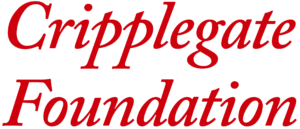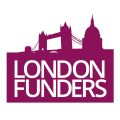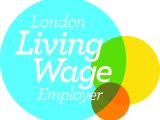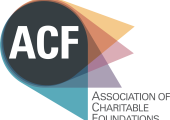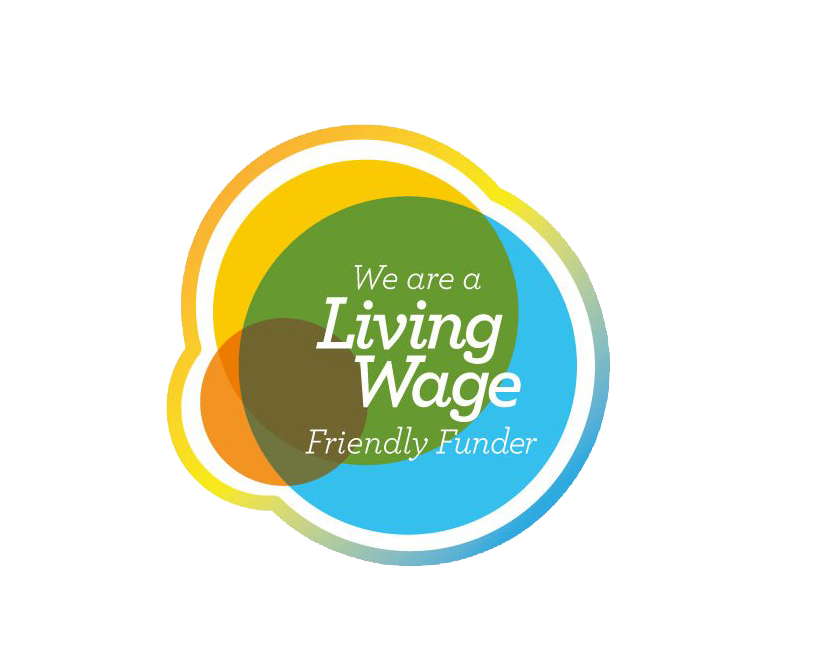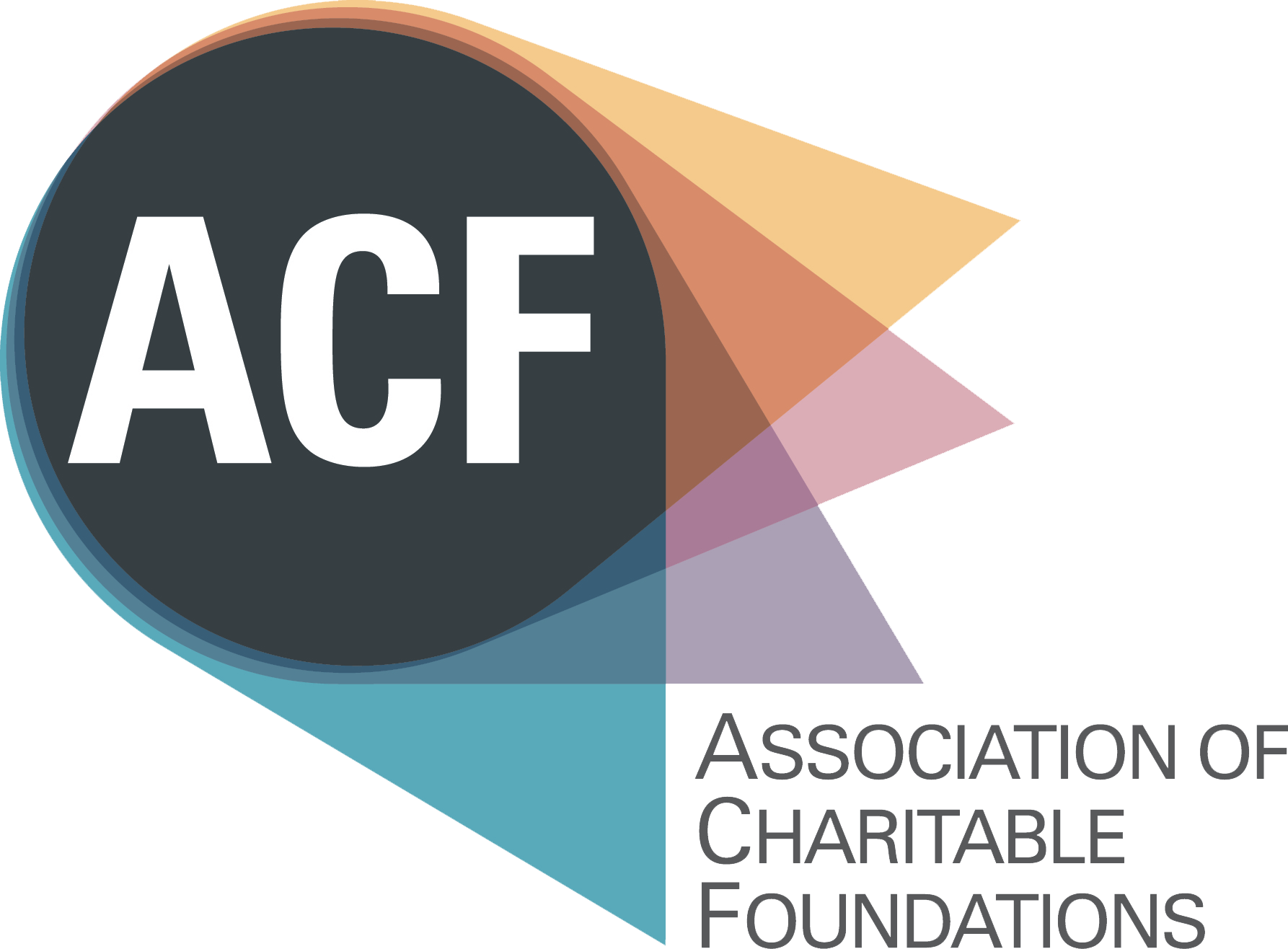Introduction
Cripplegate Foundation (The Foundation) is an organisation which promotes social change by using all our assets –our endowment and investments, our knowledge, people and networks, our grant making, programmes and partnerships.
As a grant-maker most of our work takes place through organisations that we support. The Foundation recognises its responsibility to promote the welfare of all children and young people and Adults at Riskby conducting due diligence in its grant assessment process.
Safeguarding Policy for People Participating in Programmes delivered by the Foundation
This policy applies to all staff, including senior managers, Governors, paid staff, and anyone working or volunteering on behalf of Cripplegate Foundation (The Foundation).
The purpose of this policy:
- To protect children, young people and Adults at Riskwho participate in programmes delivered with The Foundation. This includes the children of adults participating in our programmes.
- To provide staff and volunteers with the overarching principles that guide our approach to safeguarding and child protection.
The Foundation believes that a child or young person or adult should never experience abuse of any kind. We have a responsibility to promote the welfare of all children and young people and Adults at Riskto keep them safe. We are committed to practise in a way that protects them.
Legal Framework
This policy has been drawn up on the basis of law and guidance that seeks to protect children, young people and Adults at Risknamely:
- Children Act 1989and 2004
- Care Act 2014
- United Convention of the Rights of the Child 1990
- Data Protection Act 2018
- Human Rights Act 1998
- Sexual Offences Act 2003
- Safeguarding Vulnerable Groups Act 2006
- Protection of Freedoms Act 2012
- Children and Families Act 2014
- Mental Health Act 1983
- Equality Act 2010
General Statement of Policy
The Foundation believes that a child, young person or Adults at Riskshould never experience abuse of any kind. We have a responsibility to promote the welfare of children, young people and Adults at Riskand to keep them safe. We are committed to practice in a way that protects them.
The Foundation recognises that:
- The welfare of the child is paramount, as enshrined in the Children Act 1989and 2004
- All children, regardless of age, disability, gender, racial heritage, religious belief, sexual orientation or identity, have a right to equal protection from all types of harm or abuse
- Some children are additionally vulnerable because of the impact of previous experiences, their level of dependency, communication needs or other issues. Not all vulnerabilities are immediately apparent.•Some adults have additional vulnerabilities, not all of which are immediately apparent.
- Working in partnership with children, young people, Adults at Risk, parents, carers and other agencies is essential in promoting the welfare of children, young people and Adults at Risk.
We will seek to keep children, young people and Adults at Risksafe by:
- Valuing them, listening to and respecting them
- Appointing a Designated Safeguarding Lead(DSL) for children, young people and Adults at Riskand a deputyDesignated Safeguarding Lead,and lead Governor for safeguarding
- Adopting child protection and safeguarding practices through procedures and a code of conduct for staff and volunteersas outlined in the NSPCC guidance ‘What to do if you suspect child abuse’and NSPCC‘Safeguarding children and child protection
- Ensuring all employed at The Foundation are aware of the importance of safeguarding children, young people and Adults at Riskand are aware of the content of this policy and procedure
- Providing effective management for staff and volunteers through supervision, support, training and quality assurance measures
- Recruiting staff and volunteers safely, ensuring all appropriate checks are made
- Ensuring all employed at The Foundation know how to respond quickly and appropriately if abuse is suspected, witnessed or reported
- Ensuring that we provide a safe environment for children, young people, Adults at Risk,staff and volunteers by applying health and safety measures in accordance with the law and regulatory guidance
- Recording and storing information professionally and securely and sharing information about safeguarding and good practice with participants in our programmes, staff and volunteers
- Using our safeguarding procedures to share concerns and relevant information with agencies who need to know
- Using our procedures to manage any allegations against staff and volunteers appropriately•Creating and maintaining an anti-bullying environment
- Ensuring that we have effective complaints and whistle-blowing measures in place
- Expecting all organisations we fund to have in place, and annually review, safeguarding policy and procedures that safeguard children, young peopleand Adults at Risk’swelfare.
- Probing the safeguarding practice of organisations that we fund throughquestioning about policy and practice as part of our grants assessment
- Ensuring all staff only use work-related channels (email, social media etc.) to contact any children, young people, Adults at Riskwith whom we work directly, and that thesechannels are accessible to more than one member of staffandto the safeguarding lead on The Foundation’s board, where appropriate.
Whistleblowing/Reporting
The Foundation has a whistleblowing procedure in place available for all staff and those who we work with to report any concerns they may have about the Foundation’s handling of safeguarding matters. This is made accessible to staff in our Staff Handbook, which is provided to staff upon the start of their employment at the Foundation.
If anyone has concerns about the application of the Foundation’s Safeguarding Policy Statement and Procedures, this should be reported to the Foundation’s Designated Safeguarding Lead. If the concern relates to the Designated Safeguarding Lead, this should be reported to the Director or the Foundation’s’ Lead Trustee for Safeguarding. Contact details for these postholders are outlined below.
Recruitment
Current programmes do not require us to carry out DBS checks. This is kept under review if programme activity changes to include regulated activity, in which case guidance will be followed and Enhanced checks will be carried out.
Staff, including freelance contractors, who work directly with children will be required to have aDBS check.
Adults at Risk
Every adult has the right to be treated with dignity, respect and live a life free of fear.
The main difference in how we deal with safeguarding concerns for adultsthan for children is around consent. All adults have the right to choice and control in their own lives. As a general principle, no action should be taken for, or on behalf of, an adult without obtaining their consent.There are exceptions to this principle which are noted in the procedure documentas is the process for supporting an adult with a safeguarding issue.
Contact Details
Designated Safeguarding Lead(DSL)
Name: Anne Shrewing
Email: Anne.shrewing@cripplegate.org.uk
Telephone: 0207 288 6944
Board safeguarding Lead
Name: Paul Formosa
Email: pformosa1@yahoo.co.uk
We are committed to reviewing our policy and good practice annually.
This policy was last reviewed March 2024.
Further Information
Safeguarding and protecting people for charities and trustees
NSPCC Guidance around Safeguarding children and child protection
NSPCC Safeguarding and child protection standards for the voluntary and community sector
